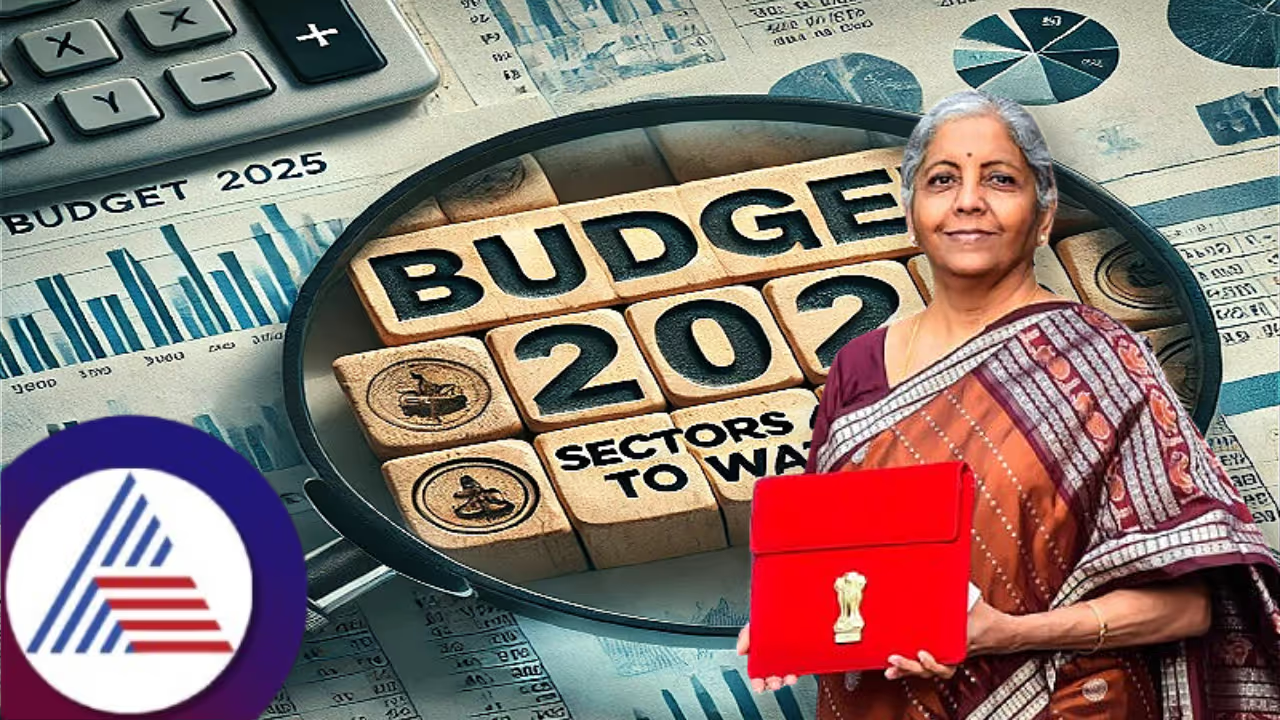Prepare for Union Budget 2025 with expert tips, analysis, and predictions. Explore key highlights, tax reforms, industry insights, and economic strategies to stay ahead.
Union Finance Minister Nirmala Sitharaman is all set to present her eighth consecutive Union Budget on Saturday (February 1). With the day fast approaching, expectations are building as citizens eagerly await the government's financial plan, which holds the potential to address some of the country's most pressing issues.

One of the primary concerns for the common citizen is inflation. The soaring cost of essential goods has stretched household budgets, with many hoping that this year's budget could offer some respite. The question on everyone's mind is whether the government will introduce measures to reduce the financial burden on individuals, especially through tax cuts. Additionally, the specter of rising unemployment is something citizens hope the government will tackle with tangible solutions.
Also read: Union Budget 2025: When and where to watch Nirmala Sitharaman's 8th budget speech
Budget 2025 Expectations: Top 5 Expectations from Union Budget
A major expectation surrounding the budget is a reduction in income tax, particularly for salaried individuals in the lower- and middle-income groups. Over the years, these groups have voiced concerns about the rising tax burden, hoping that the government will enhance their purchasing power through targeted relief.
According to a pre-budget survey by Grant Thornton Bharat, 57 percent of individual taxpayers expressed a desire for a reduction in taxes in the upcoming budget. According to various reports, if the government cuts taxes for smaller taxpayers, it would result in more disposable income, thereby stimulating consumption and benefiting the economy.
There is also speculation that the government may introduce a new direct tax law to replace the Income Tax Act of 1961. This could see a major overhaul of the current tax regime, which was revised in 2020. One of the key proposals under discussion is the possibility of raising the basic tax exemption limit under the new regime from Rs 3 lakh to Rs 5 lakh. Such a change would place more money in the hands of individuals, boosting their disposable income and overall consumption.
Inflation and GST concerns:
Inflation has been a constant headache for households, with the prices of essential food items like vegetables, cooking oil, milk, and packaged food having soared in recent months. Despite the government's efforts to control inflation, wages have not kept up with the rising costs. The Reserve Bank of India (RBI) has been working to maintain inflation within its targeted 2-6 percent band, but the high prices continue to hurt the average citizen.
As for the Goods and Services Tax (GST), the government may not be able to make significant changes since GST rates are determined by the GST Council, which includes both Union and state finance ministers. However, there is hope that the government might reduce import duties on essential items like edible oils and rationalize taxes on petroleum products, which could provide some relief to consumers.
Other Budget expectations
In addition to tax relief, experts believe there could be increases in the standard deduction limit, which is currently set at Rs 75,000. Some reports suggest that the government may raise this limit to Rs 1 lakh under the new tax regime, further reducing the tax burden on individuals.
Another key expectation is an increase in the income tax rebate under Section 87A, which benefits taxpayers with income up to Rs 5 lakh under the old tax regime or up to Rs 7 lakh under the new one. There are speculations that the rebate limit could be raised to Rs 10 lakh under the new regime, providing much-needed relief to middle-income taxpayers.
Employment and infrastructure:
A critical concern for India is its ability to generate jobs for the growing labor force. Experts suggest that a rise in government spending on infrastructure projects, alongside increased investment from the private sector in labor-intensive industries, could go a long way in addressing this issue.
